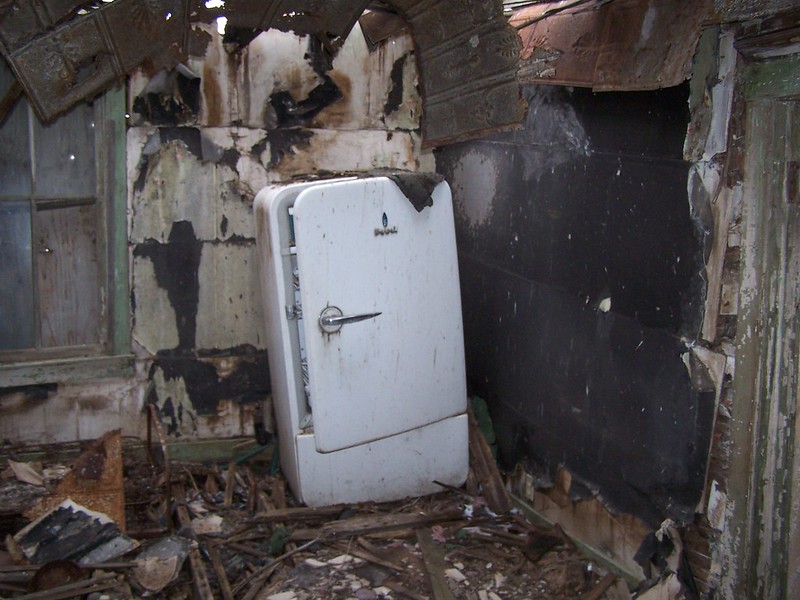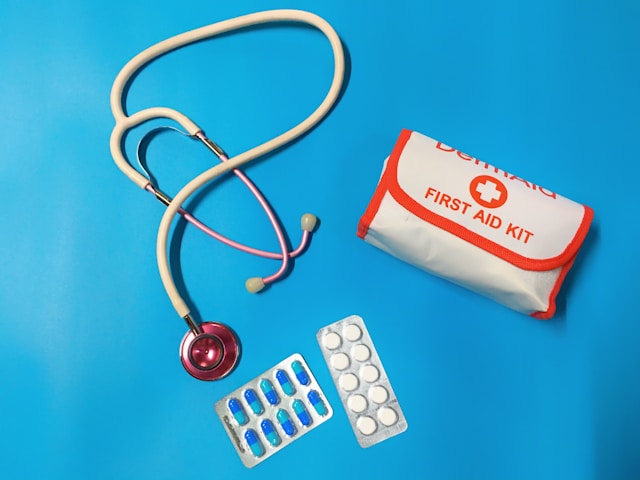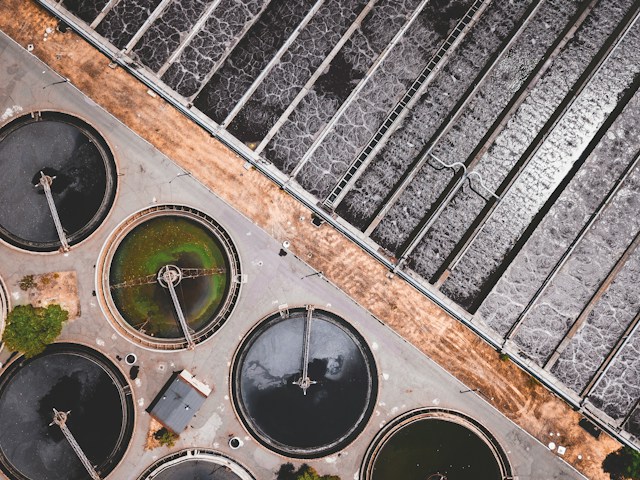Appliances can be a challenge to get rid of, especially large ones. Many end up in landfills and can leak toxic chemicals into the environment.
To avoid this, recycling your old refrigerator before dumping it is best. Thankfully, there are several options for doing so. One option is to buy from a retailer participating in the EPA’s Responsible Appliance Disposal (RAD) program.
Remove the Appliance
If you have a large appliance that’s getting old, you’ll need to remove it before you recycle it. This can be difficult, as appliances are usually heavy and bulky, but handling these items carefully is important. If you’re not careful, they can cause damage and injury.
Fortunately, many appliances can be recycled safely and conveniently. Some companies offer curbside recycling programs, while others have dedicated locations to drop off your appliances.
Donating your old refrigerator is possible, as many charities and other organizations need these pieces of equipment. This option is a great way to give back to your community.
In a refrigerator recycling Sussex County, NJ, it’s important to take special care with anything that has refrigerants or coolant. These chemicals can harm the environment, and only EPA-certified specialists can handle them. Many scrap recycling facilities require the removal of these chemicals before they recycle your appliance.
Remove the Components
Refrigerators and freezers contain many components that shouldn’t be in a landfill. Fortunately, most are recyclable, including copper tubing, which can be sold to scrap yards for #2 copper prices (depending on the amount of oil residue).
Start by unplugging the appliance, turning off the circuit breaker, or removing the fuse that supplies power to the refrigerator. This will ensure it can’t accidentally come back on and cause an electrical fire.
Some older appliances, like refrigerators and freezers, were insulated with polyurethane foam that contains ozone-depleting chemicals and greenhouse gases. If your appliance still contains these chemicals, you’ll need to hire a professional who is Section 608-certified to remove them before they can be recycled safely.
If you’re buying a new refrigerator, consider a retailer that offers a drop-off or pick-up service for old appliances. This can save you a lot of hassle and ensure your old fridge is disposed of properly.
Contact Your Local Scrap Recycling Facility
The EPA’s Responsible Appliance Disposal (RAD) program connects consumers with partners near them set up to recycle refrigerators and other large appliances properly. Many municipalities also offer bulk waste or heavy item pick-up, where you can schedule a time for them to haul away your old fridge.
Most of these facilities shred appliances and use magnets or eddy currents to separate nonferrous metals like aluminum, which has a higher scrap value than ferrous metals. The shredded materials are then sent to manufacturers for reuse. However, most recycling centers don’t recover the foam insulation — and if you donate your refrigerator, you’ll want to remove it before doing so.
Some retailers have their programs for disposing of old appliances, and electric utilities may even give you cash or credit off your utility bill for letting them take your inefficient refrigerator. You can also check with local junk removal services, which specialize in hauling away bulky items — including refrigerators.
Haul It Away
Getting rid of large appliances is a challenging task. They are heavy and bulky, so putting them on the curb for trash pick-up is often not an option. Finding a recycling service or program that accepts these items is usually best. Many local and national service providers do this, so search your area online.
Using a scrap metal recycler is a safe and convenient way to remove your old refrigerator. These services often disassemble your fridge and remove any chemicals or harmful materials from the appliance, including Freon. Only certified professionals should drain Freon from your refrigerator because it is dangerous without proper training.
Another way to dispose of your refrigerator is to donate it to a local charity or non-profit organization. It is important to unplug your refrigerator a few days before donating it so that it has time to cool down.




